Deutsche Bank hikes forecast to 6%; other foreign lenders also bullish
China's economy will likely see an overall recovery and improvement in 2023, providing a strong boost to global economic growth, said a senior economist.
The nation's GDP is forecast to expand over 5 percent year-on-year in 2023, said Wang Yuanhong, deputy director of the Department of Economic Forecasting at the State Information Center. The center is affiliated with the National Development and Reform Commission, the country's top economic regulator.
"The revival of the world's second-largest economy will boost global growth, playing an increasingly important role in stabilizing the world economy and driving global economic recovery," Wang said.
"China's economy contributed to around 18 percent of the world's GDP last year. And the contribution of China to world economic growth remained around 36 percent between 2020 and 2021."
Despite economic shocks from international geopolitical tensions and COVID-19 outbreaks, China's GDP exceeded 121 trillion yuan ($17.55 trillion) in 2022, posting a 3 percent year-on-year growth, according to a report on the accomplishment of major targets set by the 2022 Government Work Report, Xinhua News Agency reported on Thursday.
While China's 3 percent growth came below its preset annual growth target of around 5.5 percent, the country remains one of the fastest-growing economies, especially compared with some major economies.
In 2022, China created a total of 12.06 million new urban jobs, exceeding the annual target of 11 million. And the country's consumer price index, a main gauge of inflation, rose by 2 percent year-on-year in 2022, well below the country's annual inflation target of around 3 percent, the report showed.
Looking ahead, foreign financial institutions such as Deutsche Bank have turned bullish on the Chinese market, with the German lender revising its economic growth forecast for China from 4.5 percent to 6 percent this year.
Wang said that while exports may be a drag on China's 2023 outlook, given softening global demand conditions and a gloomy global outlook, domestic demand — including both consumption and investment — will be key drivers propelling China's growth.
Given the optimized COVID-19 control measures, the gradual normalization of activities, the release of pent-up household spending and a low comparison base the previous year, he said notable growth of over 5 percent in China's retail sales may be achieved this year. That will be well above the 0.2 percent decline in retail sales in 2022.
"Promoting steady growth in consumption plays a crucial role in stabilizing and shoring up the growth of the entire national economy," Wang said.
He said the country will continuously expand employment and increase the household incomes, especially take-home pay levels of low-and middle-income earners with a high marginal propensity to consume. "Only by keeping payrolls (stable) can we ensure the enhancement of spending power."
More efforts will also be made to improve the consumption environment, remove barriers that may constrain consumption, build international consumption center cities, reduce purchase restrictions to boost automotive consumption and encourage offline consumption, traditional consumption and new types of consumption.
Notably, the country will mainly focus on boosting the purchase of both goods and services, especially in fields including new energy vehicles, housing, green home appliances as well as services related to sports, education, healthcare and elder care, Wang added.
On concerns that China's reopening may push up global inflation, Wang said China will likely keep inflation tame and stable amid a steady recovery of demand in 2023, which will instead help cool the global inflation.
He expects China's consumer price index will rise by 2 percent in 2023, thus staying within a reasonable range.
Meanwhile, Wang warned of pressure from insufficient domestic demand, difficulties faced by small and medium-sized enterprises as well as a more complicated and grimmer external environment.
Wang said he expects to see the government stepping up both fiscal and monetary policy support to spur growth, including taxes and fees reductions, further easing burdens for enterprises and increasing financial support for key fields such as technological innovation, new energy and green development.










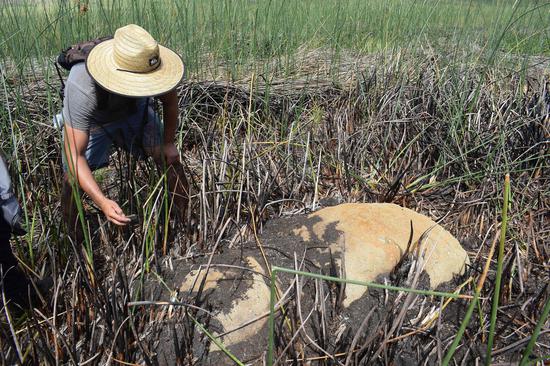
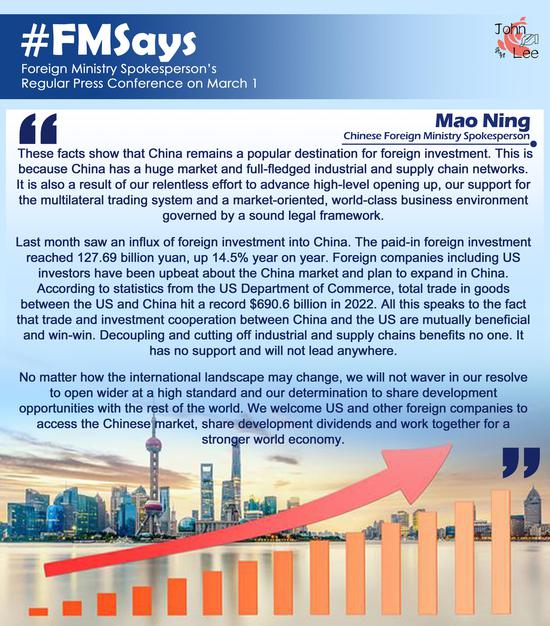
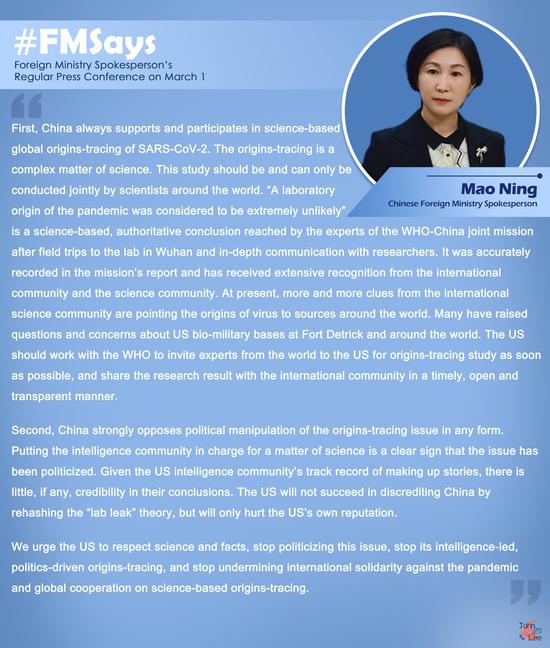



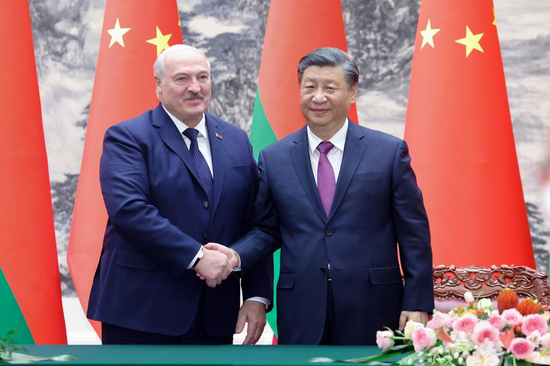


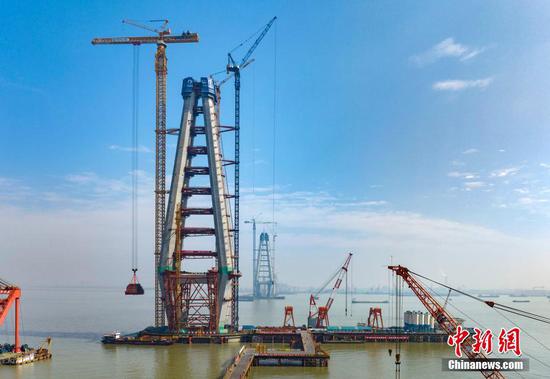

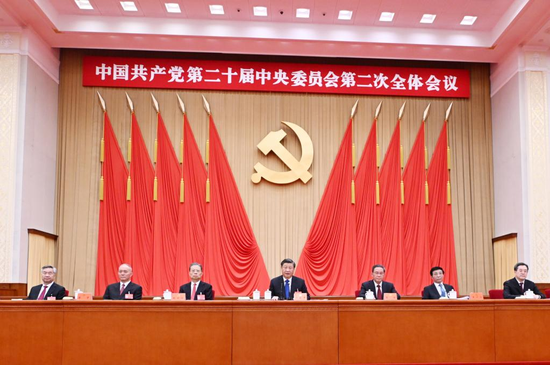







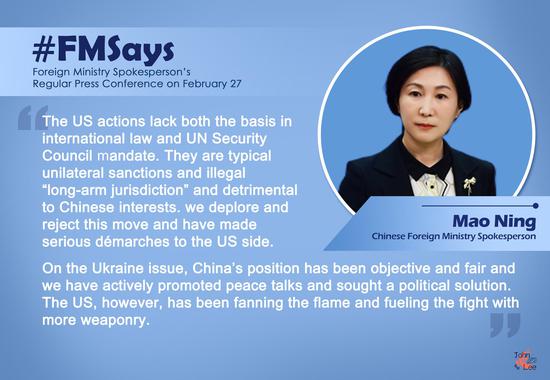

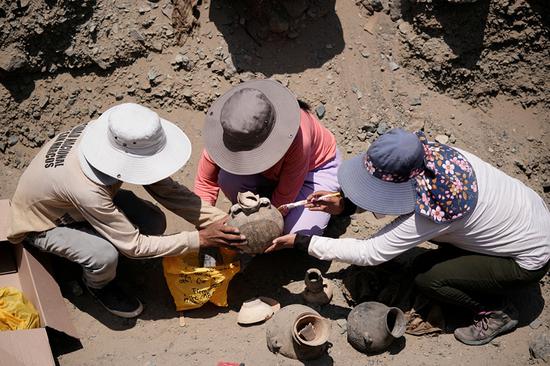

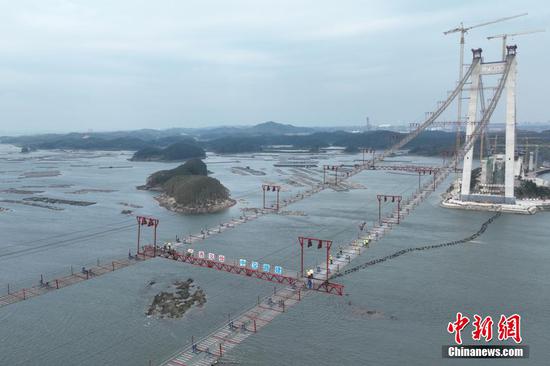




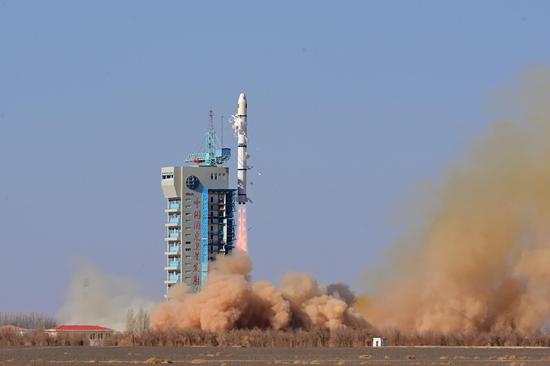
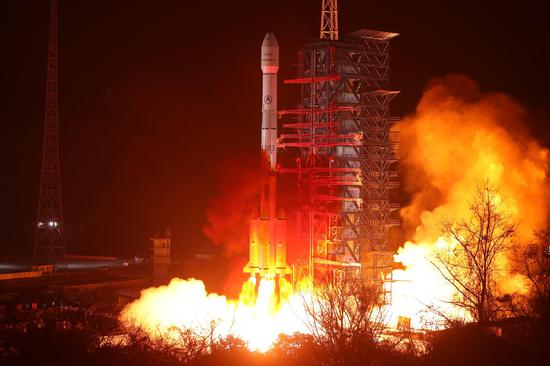
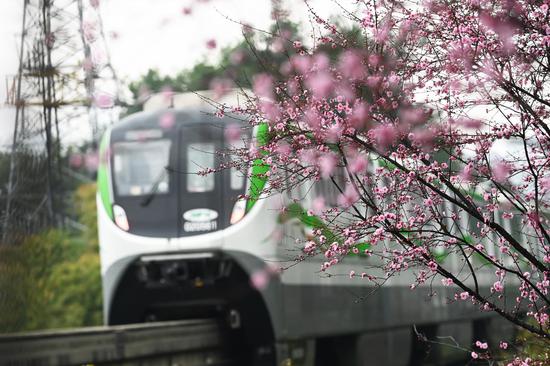



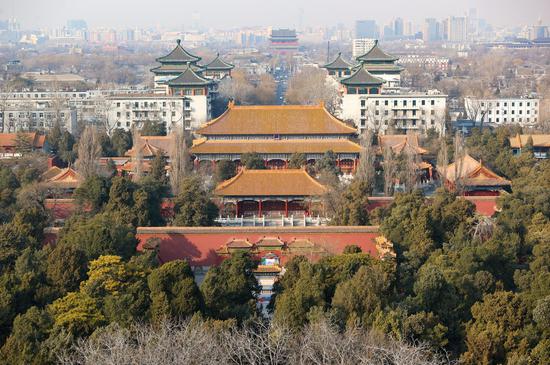





 京公网安备 11010202009201号
京公网安备 11010202009201号